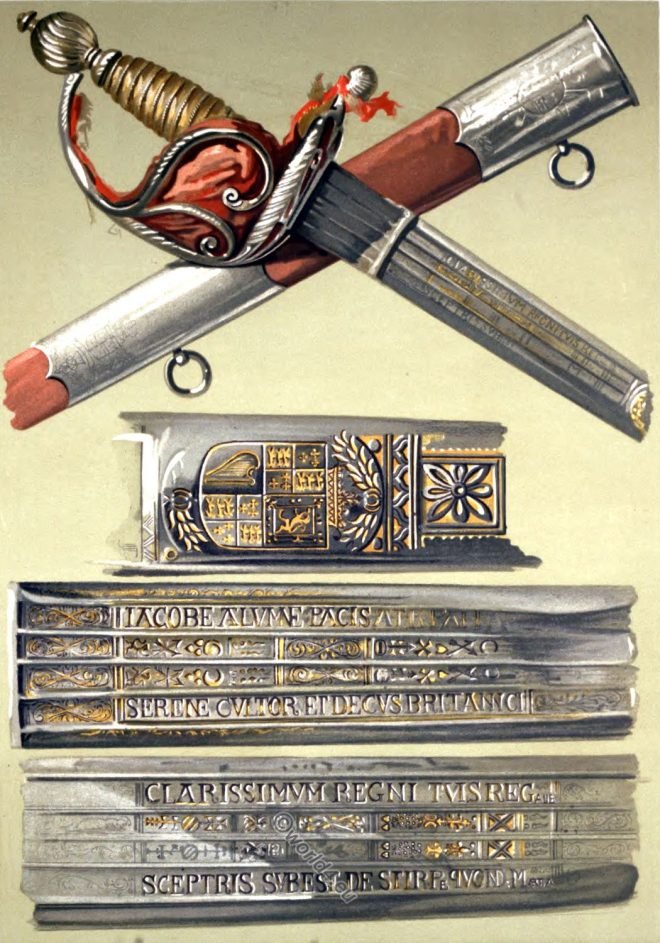

In 2002 he published both a scholarly book, Crossroads of Freedom: Antietam 1862, and a history of the Civil War for children, Fields of Fury. And in 1998 another book, For Cause and Comrades, received the Lincoln Prize. In 1989, he published his Pulitzer-winning book, Battle Cry of Freedom. Stuck, was modernizing as aggressively as the Northern community, developing its institutions around a social logic dominatedīy slavery.McPherson's works include The Struggle for Equality, awarded the Anisfield-Wolf Award. We argue that the Southern community, far from In which the North was moving forward while the South was stuck in the past. McPherson, however, emphasized a larger "conflict of civilizations" The school system in Augusta,įor example, was not as well developed as in Franklin.

We agree with some aspects of McPherson's emphasis on divergence between the North and the South. Northern majority had turned irrevocably toward this frightening future." (22) Republican party, with its ideology of competitive, egalitarian, free-labor capitalism, was a signal to the South that the White race undisturbed by large cities, heartless factories, restless free workers, and class conflict. The rights of property, including slave property, and whose constituency comprised an independent gentry and yeomanry of the The South fought to preserve its version of the republic of the Founding Fathers-a government of limited powers that protected "The South's concept of republicanism had not changed in three-quarters of a century the North's had. That many Southerners found distasteful if not frightening the South remained proudly and even defiantly rooted in the past." "The North-along with a few countries in northwestern Europe-hurtled forward eagerly toward a future of industrial-capitalism The North by contrast was moving toward a "gesellschaft culture"-"impersonal, bureaucratic, meritocratic, urbanizing,Ĭommercial, industrializing, mobile, and rootless." (12) "gemeinschaft culture," McPherson argued, emphasized kinship, agricultural life, tradition, social hierarchy, deference, and McPherson agreed with David Potter's thesis of Southern distinctiveness as a result of its "folk culture." This Violence and martial values, education, and attitudes toward change." He found compelling differences that were increasing In the world." (22) McPherson compared Northern and Southern "urbanization, industrialization, labor force, demographic structure,

McPherson suggested that the North was exceptional in its development, while the South "resembled a majority of the societies McPherson, "Ante-bellum Southern Exceptionalism: A New Look at an Old Question," Drawn with the Sword: Reflections on the American Civil War (Oxford: Oxford University Press, 1996): 3-23. The Differences Slavery Made - Thomas and Ayers - American Historical Review


 0 kommentar(er)
0 kommentar(er)
